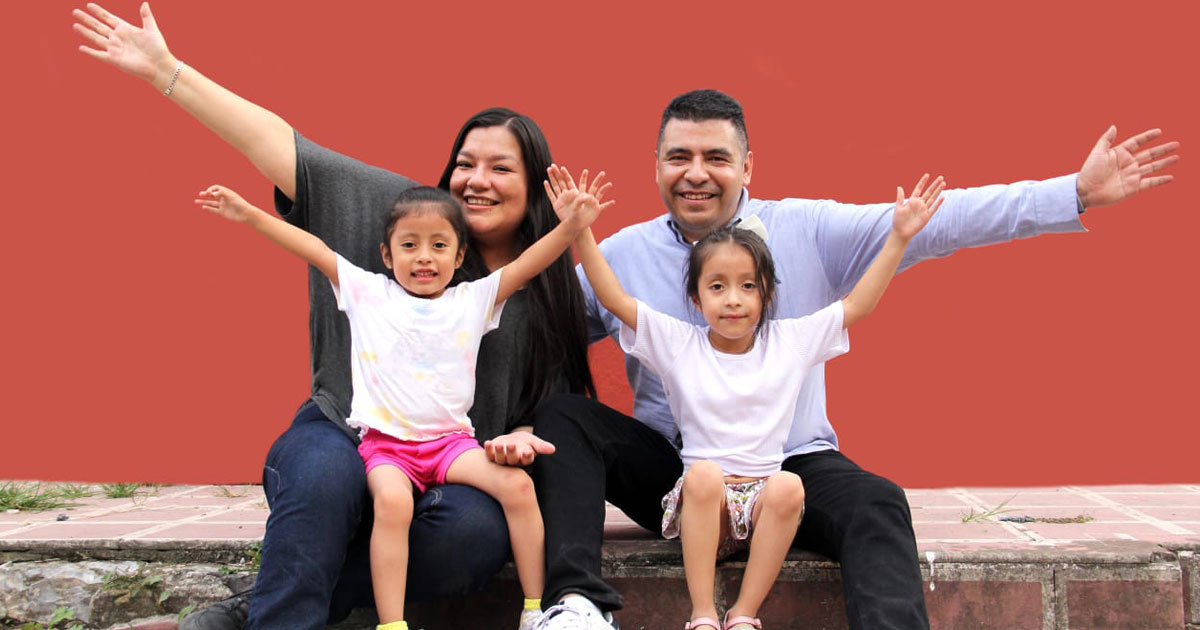Since its overhaul in 2014, the Singapore Family Justice System has undergone significant reforms aimed at protecting family relationships, reducing conflict, and prioritising the welfare of children. The creation of a specialised set of Family Justice Courts ensures that matrimonial disputes are handled with sensitivity, focusing on resolution rather than adversarial litigation.
This article explores the structure, guiding principles, and unique processes of Singapore’s family law framework, particularly in the context of divorce, child custody, and maintenance matters, with a spotlight on the system’s adoption of Therapeutic Justice.
Overview of the Family Justice Courts
The Family Justice Courts of Singapore comprise:
- The Family Division of the High Court
- The Family Courts
- The Youth Courts
These courts address a wide spectrum of matters including:
- Divorce and separation
- Custody and guardianship
- Family violence and protection orders
- Maintenance disputes
- Probate and mental capacity applications
Each court plays a distinct role, Youth Courts focus on juvenile matters, while complex or high-value divorce cases are heard at the Family Division of the High Court.
The Therapeutic Justice Model
A significant development in Singapore’s family law landscape is the adoption of the Therapeutic Justice (TJ) model, now a guiding philosophy in the Family Justice Courts. Introduced following the Family Justice Reform Committee’s recommendations in 2019, this model redefines how disputes are approached.
Key aspects include:
- Judges actively managing cases to minimise conflict and promote resolution
- Encouraging parties to participate in counselling and mediation
- Designing processes that support emotional healing and relational repair
- Promoting child-centric outcomes through collaborative parenting plans
This shift reflects the view that family disputes are not merely legal issues but deeply personal challenges that require empathetic handling and future-focused solutions.
Key Features of the Family Justice System
Judge-Led Process
Singapore adopts a judge-led approach, where the presiding judge actively manages proceedings to keep them focused and efficient, reducing unnecessary conflict.
Simplified Court Processes
The courts offer:
- User-friendly forms
- Standard templates for affidavits
- Plain language guidance
Complex or urgent matters may be docketed to a single judge to ensure consistency.
A Child-Centric Focus
The welfare of the child remains the court’s paramount concern. The system supports this through:
- Child Representatives appointed in contentious custody matters
- Parenting Coordinators to guide effective co-parenting
- Welfare and psychological reports to assess the child’s needs
Children’s voices are respected where appropriate, and court proceedings aim to protect them from emotional distress.
The Two-Stage Divorce Process in Singapore
Stage 1: Termination of Marriage
The court evaluates if legal ground exists for divorce. Facts include:
- Adultery
- Unreasonable behaviour
- Desertion
- Separation (with or without consent)
- Divorce by Mutual Agreement
Stage 2: Ancillary Matters
Once divorce is granted, the court addresses:
Each issue is evaluated based on the family’s unique context and what best serves the welfare of the child.
Maintenance and Protection from Family Violence
Under the Women’s Charter, financial maintenance can be awarded to a spouse and children. The courts assess factors such as:
- Income and earning capacity
- Reasonable living expenses
- Standard of living during marriage
Victims of family violence—defined broadly to include threats, harassment, and emotional harm—may seek Personal Protection Orders to ensure safety.
Mediation and Alternative Dispute Resolution
The Family Justice System strongly encourages non-adversarial resolutions:
Court and Private Mediation
Mediation may take place:
- Pre-divorce (private or Singapore Mediation Centre)
- During divorce, especially at the Child Focused Resolution Centre (CFRC)
- Post-divorce, for variations or enforcement
Collaborative Family Practice (CFP)
A voluntary process where both parties agree not to litigate. Trained lawyers help resolve disputes in structured meetings with a focus on cooperation and children’s wellbeing.
4-Way Negotiations
A practical alternative involving both parties and their lawyers working collaboratively to reach a mutually agreeable settlement.
Division of Matrimonial Assets
Asset division under Section 112 of the Women’s Charter follows the principle of just and equitable distribution. Courts evaluate:
- Direct contributions (e.g., income used to purchase assets)
- Indirect contributions (e.g., caregiving, homemaking)
- Needs of the children and post-divorce financial independence
Structured judicial reasoning ensures both parties’ contributions are fairly assessed.
How We Can Help
At Gloria James-Civetta & Co, our team is equipped to guide you through every aspect of the Singapore family justice system—from divorce proceedings and mediation to child custody applications and asset division.
Ms Gloria James, our managing partner, brings over two decades of experience in family law and is a leading practitioner in this space. She is a Singapore Mediation Centre-accredited mediator and among the first in Singapore to be trained in Collaborative Family Practice. Gloria’s experience extends across both local and international family law matters.
Whether exploring alternative dispute resolution, seeking protection, or navigating complex financial and custody matters, we are here to help you reach outcomes that prioritise long-term stability and your family’s best interests.













